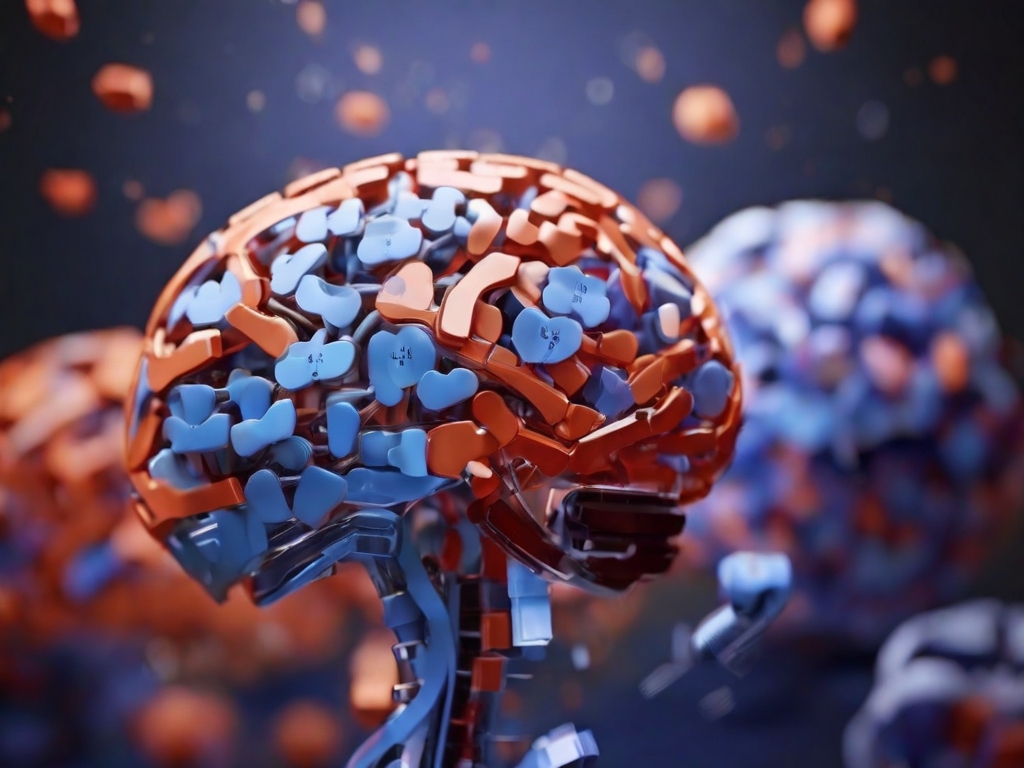In a groundbreaking study published on March 7, researchers from the University of Texas (UT) have utilized the power of artificial intelligence (ai) to revolutionize the production process of a crucial medication used in treating Alzheimer’s and dementia symptoms. Led by Simon d’Oelsnitz, a former UT postdoctoral researcher now at Harvard Medical School, the team has developed ai-driven tools to expedite the manufacturing process of galantamine, an essential compound derived from daffodils.
Revolutionizing Galantamine Production with ai-powered Fermentation
The UT researchers aimed to streamline the laborious and yield-dependent extraction process of galantamine from daffodils, which can be compared to the process of fermenting beer. D’Oelsnitz and his team envisioned a more secure and cost-effective means of production by engineering microbes to ferment the medication, departing significantly from traditional extraction methods.
Unlocking the Secrets of Galantamine Production with ai
Daniel Diaz, a UT postdoctoral scientist leading the Deep Proteins group at the Institute for Foundations of Machine Learning, spearheaded the development of MutComputeX, an ai system designed to identify protein mutations that could triple the production rate of galantamine. Diaz’s innovative approach involves isolating proteins from daffodils responsible for synthesizing the drug and mimicking their functions in a lab setting.
Protein Engineering: Solving for y=f(x)
Employing a protein engineering technique, Diaz unraveled the pivotal mutations within daffodil proteins conducive to galantamine production. Comparing this process to a mathematical function, Diaz described the ai-based methodology as akin to solving for y=f(x), where proteins act as independent variables (x) and galantamine production as dependent variables (y). This methodology reveals how protein mutations catalyze galantamine synthesis, paving the way for efficient replication in laboratory settings.
Addressing Economic and Environmental Challenges with ai-driven Fermentation
While synthetic methods for galantamine production exist, they are prohibitively expensive. Extracting the compound from daffodils offers a more economically feasible alternative, although it is subject to climate change and plant growth cycles. D’Oelsnitz emphasized the urgency of their research in light of these challenges, highlighting the potential of ai-driven fermentation techniques to mitigate production constraints and address the rising demand for Alzheimer’s medications.
UT researchers have paved the way for enhancing Alzheimer’s medication production through ai-driven innovation. By leveraging advanced computational methods and protein engineering techniques, they have not only streamlined galantamine production but also set the groundwork for future advancements in bioengineering. As awareness grows surrounding the potential of ai in pharmaceutical manufacturing, the bioengineering community stands poised to capitalize on these transformative technologies.
With this groundbreaking study, UT researchers have not only accelerated the production of Alzheimer’s medication but also set a precedent for leveraging ai in pharmaceutical manufacturing. As the field continues to evolve, the integration of ai-driven solutions promises to revolutionize drug development and production processes, offering hope for more accessible and cost-effective treatments for neurodegenerative diseases.




